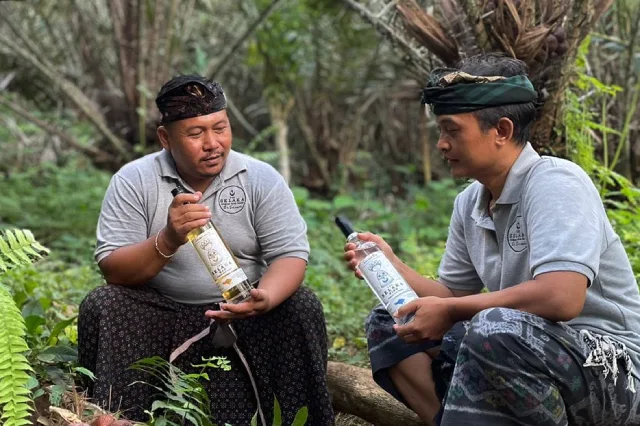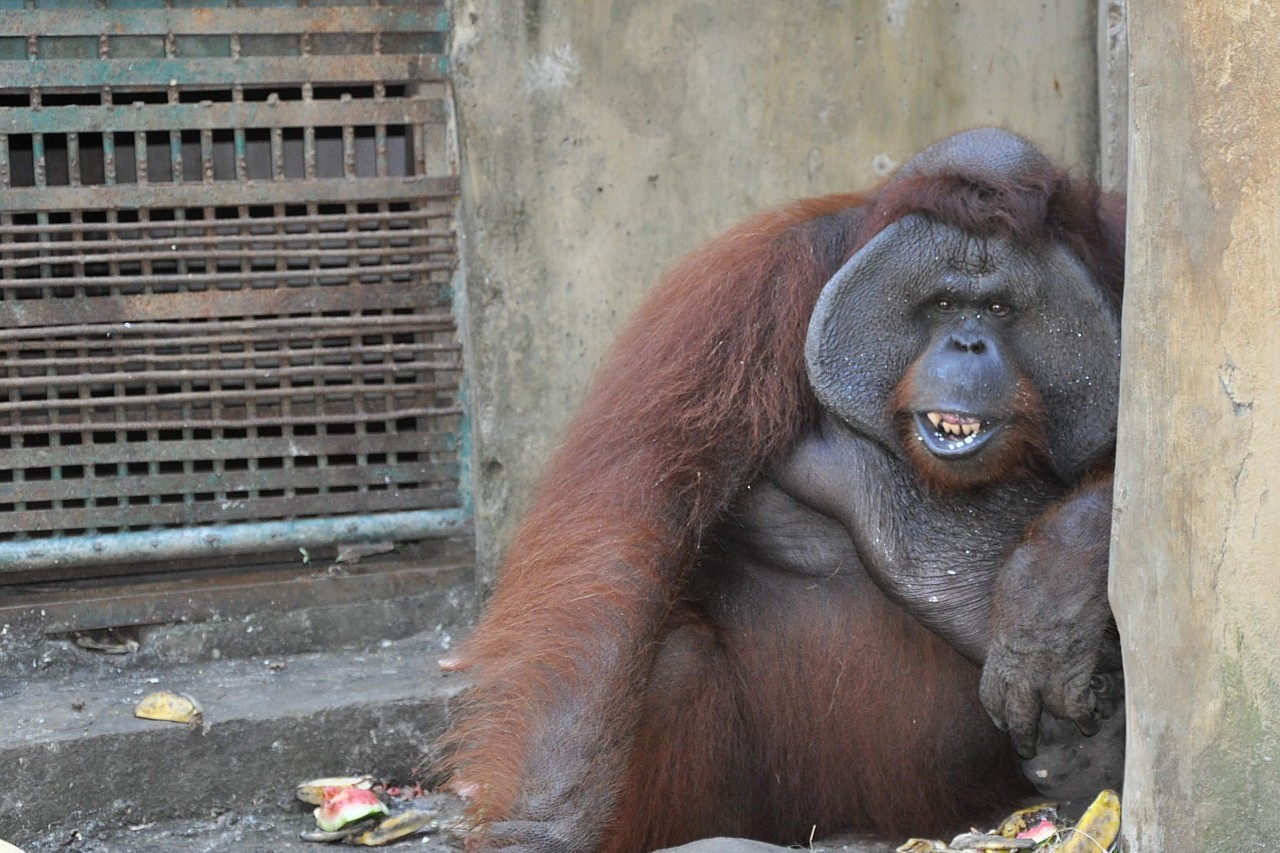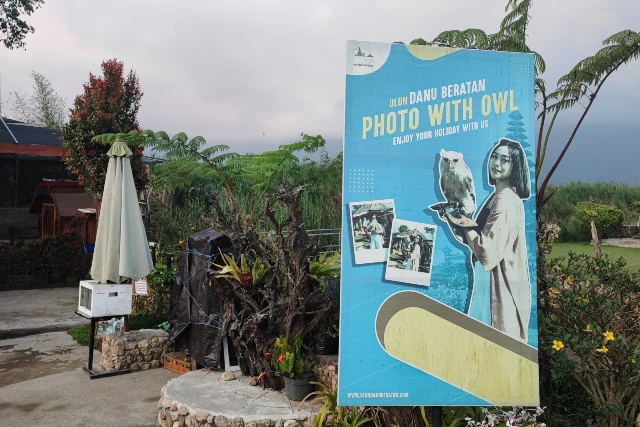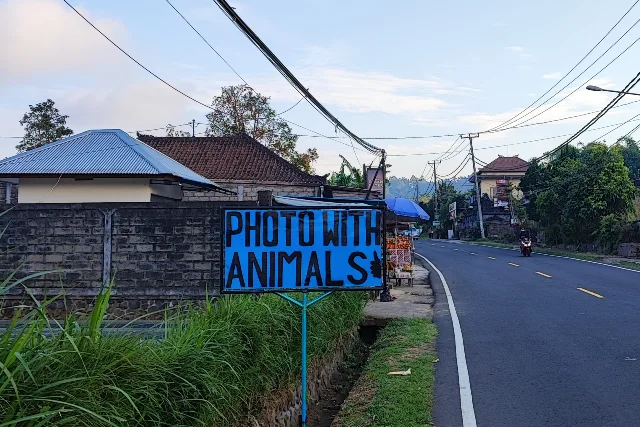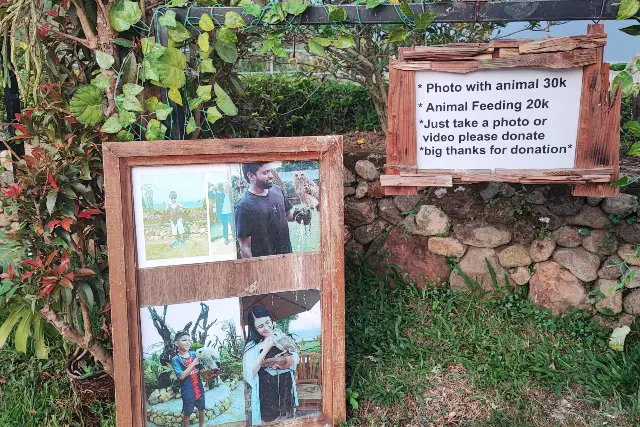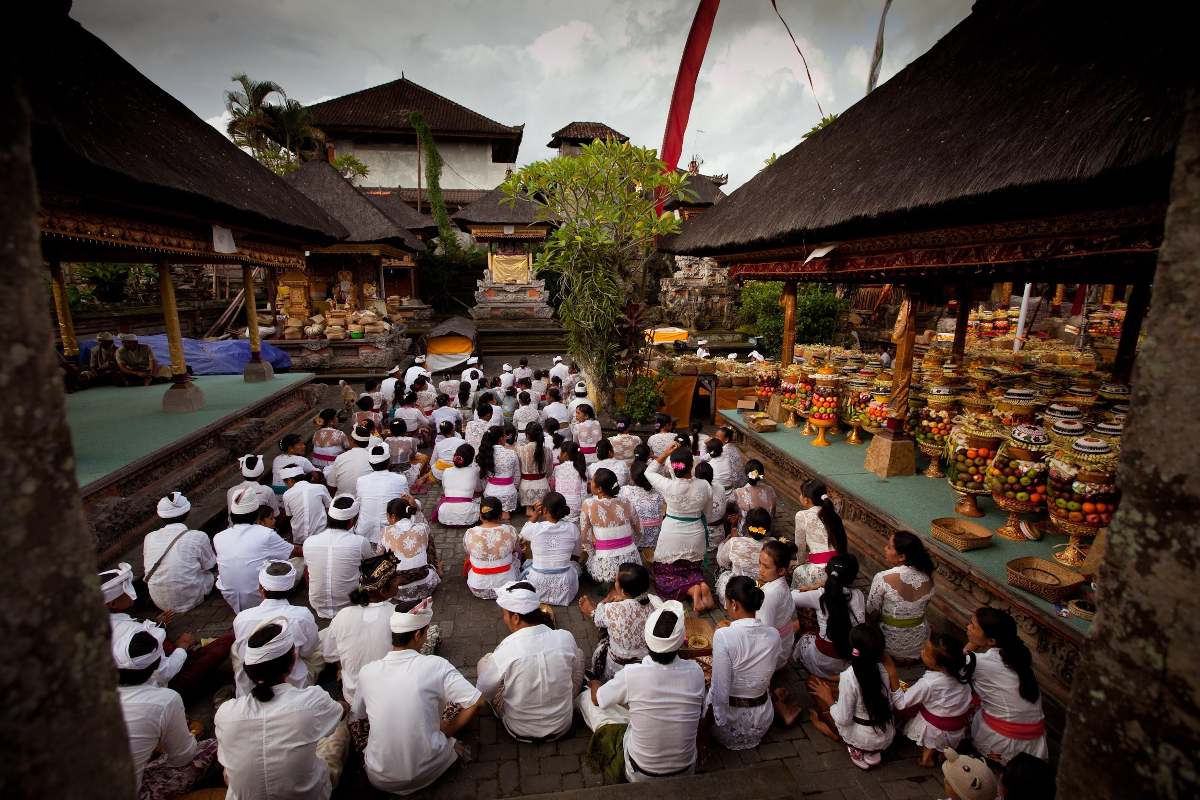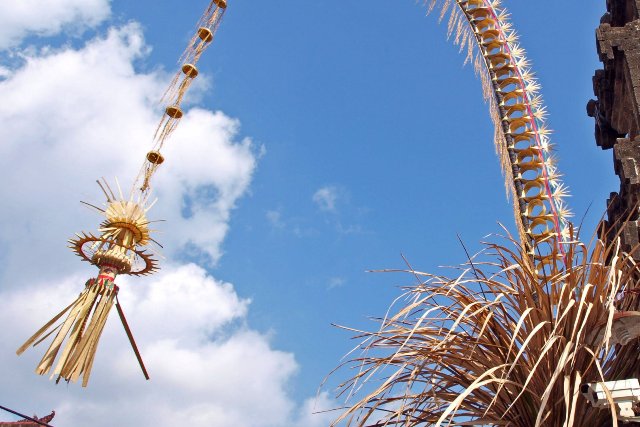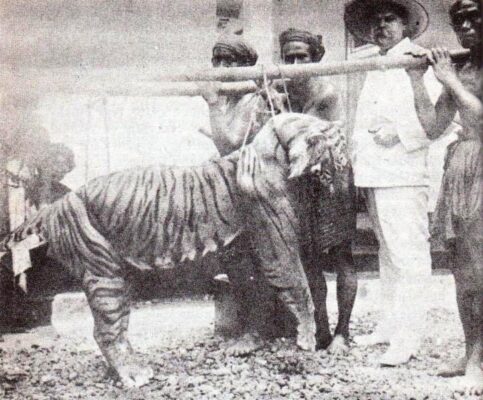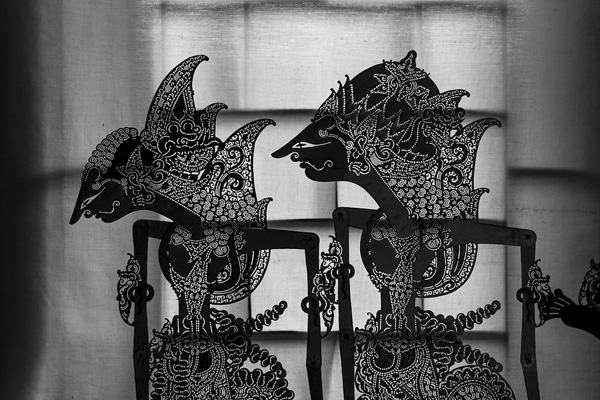Things to Do in Bali
Animal Welfare & Animal Entertainment — Two Things That Rarely Coexist
In a nutshell — There is no real animal welfare in animal entertainment
Read the latest report by the animal welfare organization World Animal Protection, focusing on Bali and Lombok. In response to their findings, we have decided not to list or promote any animal entertainment venues or experiences on Bali.com.
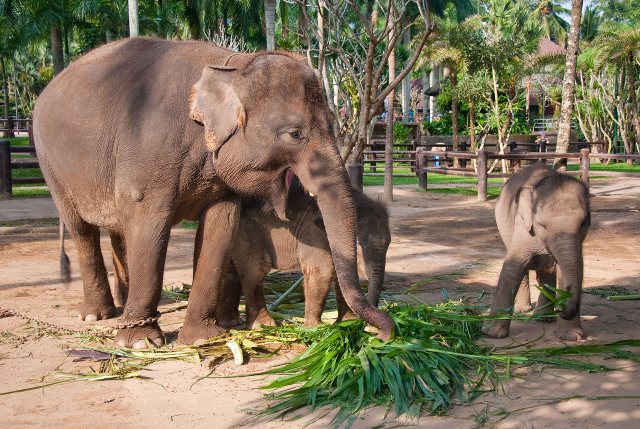
Bali.com will not promote or feature animal entertainment businesses in Bali, based on the findings of World Animal Protection
Entertainment with Animals in Bali — A Life Without Welfare
Keeping animals — especially wild ones — without causing them harm is extremely difficult. As highlighted by the World Animal Protection report, running an animal-based entertainment business makes this challenge even greater. While some establishments may be better than others, it’s nearly impossible for visitors to know what happens behind the scenes. That’s why listening to expert voices is so important.
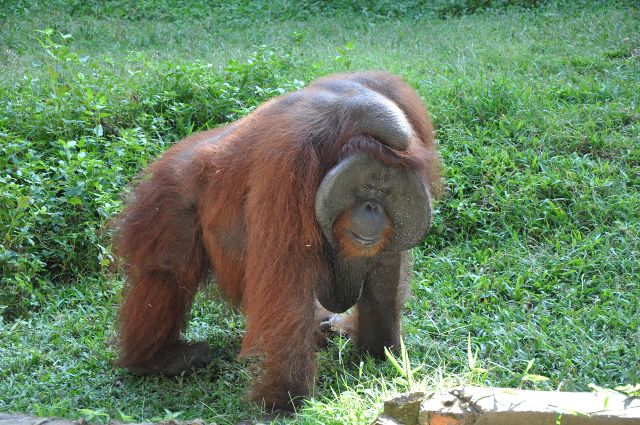
We do NOT support:
- Dolphin encounters, including boat-based tours (e.g. Lovina Bay)
- Elephant rides
- Photo/selfie sessions with animals
- Touching manta rays, whale sharks, or mola mola during dives
- Kopi Luwak farms where civets are caged and force-fed
- “Turtle Island” and most turtle “rescue sanctuaries”
- Wild animals kept in cages for display
- Horse riding (some stables are ethical, most are not)
- Dancing monkey shows
- Big game & sport fishing, spear fishing

Photos with Animals
In rural parts of Bali, you’ll still find places offering photos with wild animals. The animals are often kept in poor conditions, dragged into harsh light, and forced to pose with tourists. This causes lasting trauma and stress.
Sadly, This Is Nothing Unusual
Bali is not unique in this — animal exploitation for entertainment and profit exists worldwide. Zoos, circuses, and animal parks are often part of the problem, even in highly developed countries. In Bali, wild birds are still caught and caged, animal markets continue to sell mistreated animals, and many creatures are taken from the wild with little regulation or care.
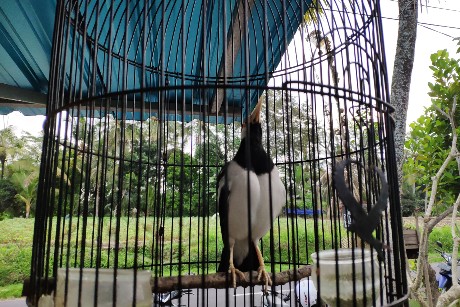
You Have a Choice
As a visitor to Bali, you have the power to choose what you support. Businesses without customers will either change or close. In response to the World Animal Protection report, we have decided not to list animal entertainment businesses on Bali.com. We understand some may have good intentions, but we’re not experts — and we can’t verify what goes on behind closed doors.
Some practices, however, are clearly unacceptable: Dolphins cannot be ethically kept in captivity. Petting big cats is inherently harmful. Dancing monkeys endure constant suffering. And no Orangutan truly wants to eat breakfast with tourists. Riding elephants has also been widely condemned.
This isn’t about policing anyone. It’s a personal decision by the team behind Bali.com. Every traveler must decide for themselves. But if you wouldn’t treat your dog or cat at home that way — maybe it’s worth reconsidering.
Helping Cats & Dogs in Bali
Some insights into the famous Bali Dog, and how you can help stray dogs and cats in Bali
Explore
















